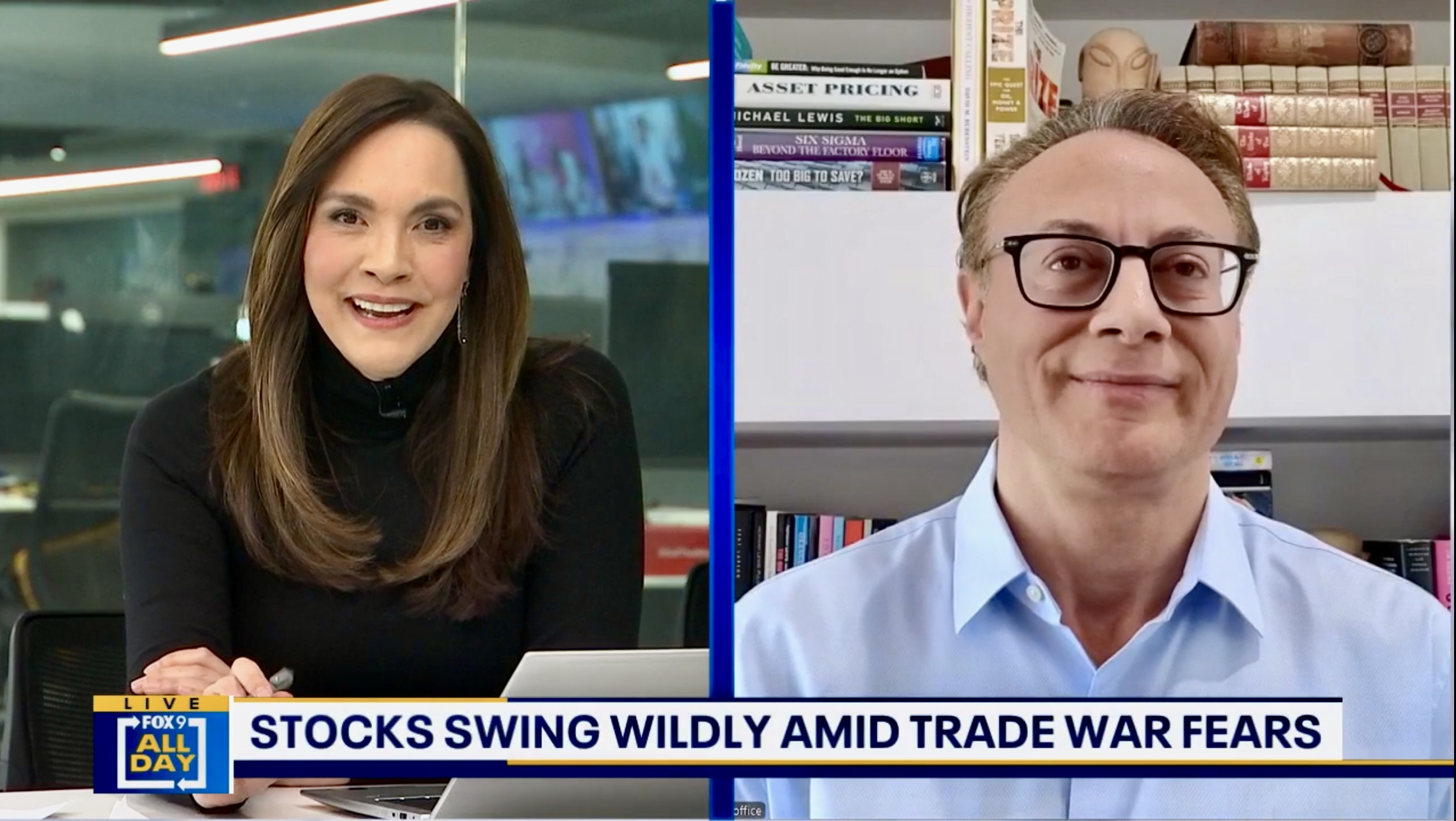First, we hope you and your families remain safe and secure. It has been an interesting and trying couple of months for all of us in the South Bay, across the U.S., and around the globe. I miss travel, friends, dining out amongst people, outdoor activities along the beach, museums, theatre, and mom. We all have things we miss, and for some the loss has been much harder. On the flip side, from a safe distance, I have gotten to know some of my new Manhattan Beach neighbors; everyone has been very warm. We also have been impressed with the level of professionalism and helpfulness from our business partners that have not missed a beat and in some cases have improved efficiency. We thank all of you for your continued support amid these challenges and hope you know that, although remote from each other, we have been able to operate at full capacity with a cloud-based infrastructure, and are even gearing up to improve, grow, and expand Running Point’s offerings.
I had the pleasure of moderating an upbeat alternative investment panel last week at an online Global Private Equity conference put on by Carmo Companies; as I wrote in early March, every business will have to become virtual in some aspect. The very timely “Special Situations, Distressed Investment, Real Estate & Leveraged Buyouts” panel focused on current and expected distressed and special situation investment opportunities for family offices and other alternative investors; e.g., 1) Rescue financing for underfunded real estate deals, 2) Higher interest rate loans with protective covenants to companies in need of cash, and 3) Completed deals at a steep discount to stated value because other stake holders need liquidity.
My thoughtful panelists were:
- Jim Corl, Managing Director, Siguler Guff
- Christian Fuentes, CEO & Managing Partner, ICP Group
- Coe Schlicher, CEO & Founder, Kong Capital
- Chris Lawrence, Managing Partner, Labyrinth Capital Partners L.L.C.
Although stocks have recovered a large measure of their recent price downdraft, none of these managers are rushing into deals just to get something done; they all believe there will be plenty of opportunities within their respective specialties between now and the end of the year, and for the next several years.
Across the panelists, several investment themes emerged: patience, quality, and reevaluation. Their overall message is to, A) Be patient, don’t rush into deals; B) Within private deals, seek quality asset or real estate opportunities, an A-class deal beats a B-class deal; and C) 2019 valuations don’t matter because assets need to be revalued on expected cash flows post Covid-19. More specifically, some key panelist thoughts are summarized below.
- According to Jim Corl, a distressed real estate specialist:
- Real estate has entered this downturn without the structural problems of overbuilding and excessive leverage it faced in the great financial crisis of 2008 and 2009
- The shuttering of B-quality properties will “accelerate the improvement” of stronger ones
- Real estate strength may see a shift to the suburbs as people relocate away from compressed urban working, co-working, and living spaces
- Because long-term interest rates have come down, do not expect cap rates to go up
- According to Christian Fuentes, a real estate and middle market private equity specialist:
- Regarding the pandemic shutdown, for “most of the malls this will be the kiss of death because it’s going to be hard for retailers to come back”
- Be patient and look for value before making new investments
- Focus on B2B (business to business) “companies that are not going to be waiting for the consumer to come back”
- According to Coe Schlicher, a specialist in senior living real estate:
- “Last year’s prices don’t matter,” what a property sold for or was valued at in 2019 is not relevant to how it should be priced now
- Prices based on expected future cash flows must be completely re-evaluated
- “Senior housing and skilled nursing” homes have done the worst coming out of the real-estate trenches; “but senior living had a problem before the correction, there was overbuilding, there was too much luxury product being delivered”
- “We’ve just done the first step of a sort of two-step decrease in values”
- Downside risk is the least of your concerns now – it’s too late for that – “we already wrecked the car…you either had your seatbelt on or you didn’t. Now is the time to think about how do I make the most money out of these wrecked cars”
- “Last year’s prices don’t matter,” what a property sold for or was valued at in 2019 is not relevant to how it should be priced now
- According to Chris Lawrence, a private equity and secondaries specialist
- “Don’t catch the falling knife,… we are still in a fog,….valuations,… are going to take several quarters to wring out”
- There will be major “3rd and 4th quarter” repositioning of portfolios and a “flight to quality here,” thus we may see opportunities then
- “If you are trying to get an asset that’s low quality, you are going to end up with that kind of return….A 40% discount on junk is still junk”
Managers get paid to analyze and price risk, not necessarily to avoid risk; as such, solid private investments are a patience game of examining multiple opportunities in search of great long-term value.
While the Covid-19 lesson books are yet to be written, the candor from the panel was insightful. The economic shutdown from the pandemic occurred so quickly and disrupted so many businesses simultaneously that there has been very little in the way of post-crisis price discovery in alternative assets; i.e., relatively few private market deals have been completed and publicized. Furthermore, for many managers, the fog has not lifted; in other words, they don’t know how all the moving pieces of the shutdown and reopening will play out. A common refrain was to invest in high quality assets with better protections and that low quality assets lead to low quality returns. Although a snapback may be fast, don’t walk into a new deal expecting a quick 12-month flip; your chances improve if you implement good structure and invest with a long-term mindset in case it takes years for demand and supply to settle and return to previous values.
Michael Ashley Schulman, CFA
Partner, Chief Investment Officer
Disclosure: The opinions expressed herein are those of Running Point Capital Advisors, LLC (“Running Point”) and are subject to change without notice. Running Point reserves the right to modify its current investment strategies and techniques based on changing market dynamics or client needs. This should not be considered investment advice or an offer to sell any product. Running Point is an independent investment adviser registered under the Investment Advisers Act of 1940, as amended. Registration does not imply a certain level of skill or training. More information about Running Point, including our investment strategies, fees and objectives can be found in our ADV Part 2, which is available upon request. RP-20-12


